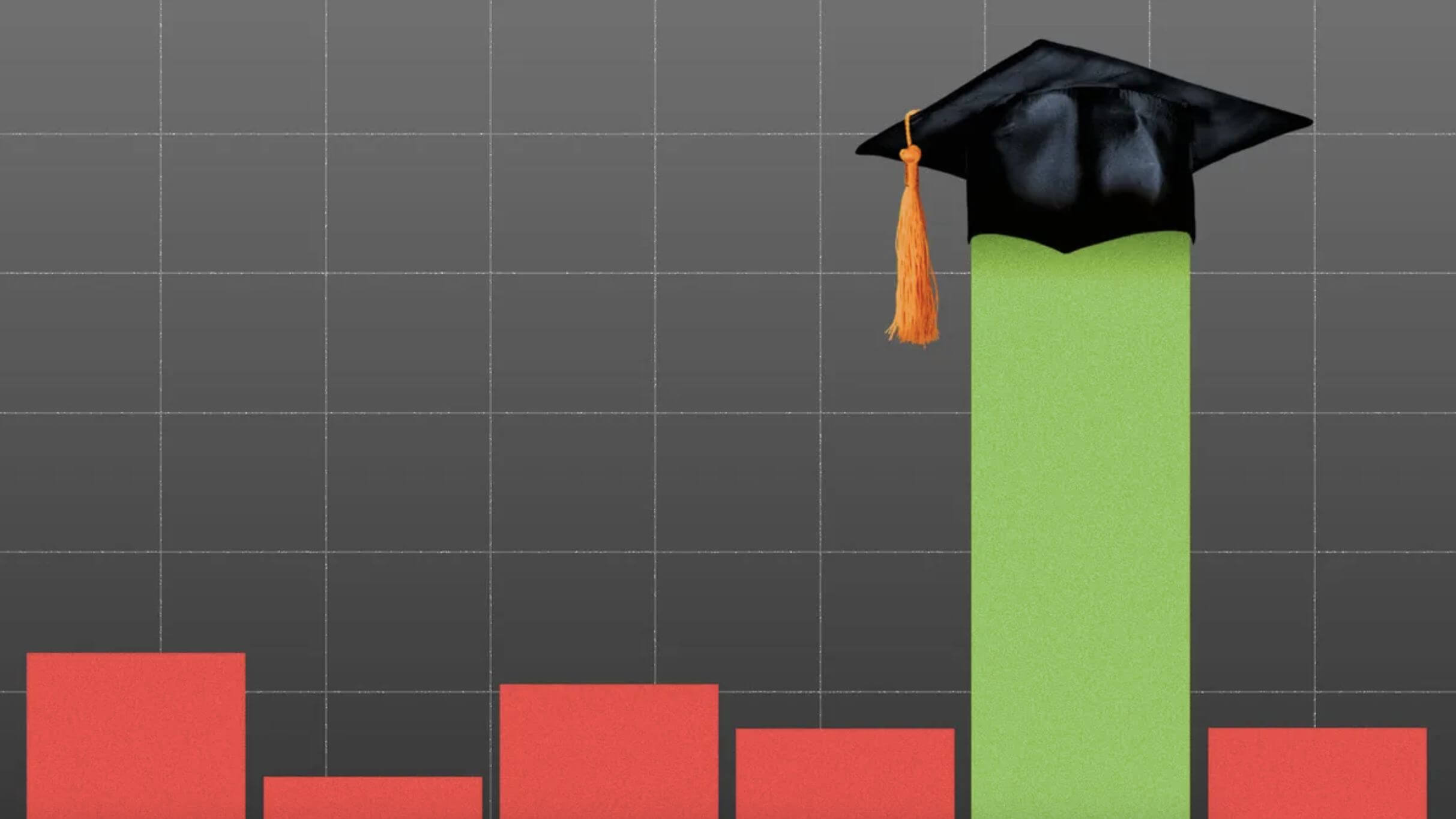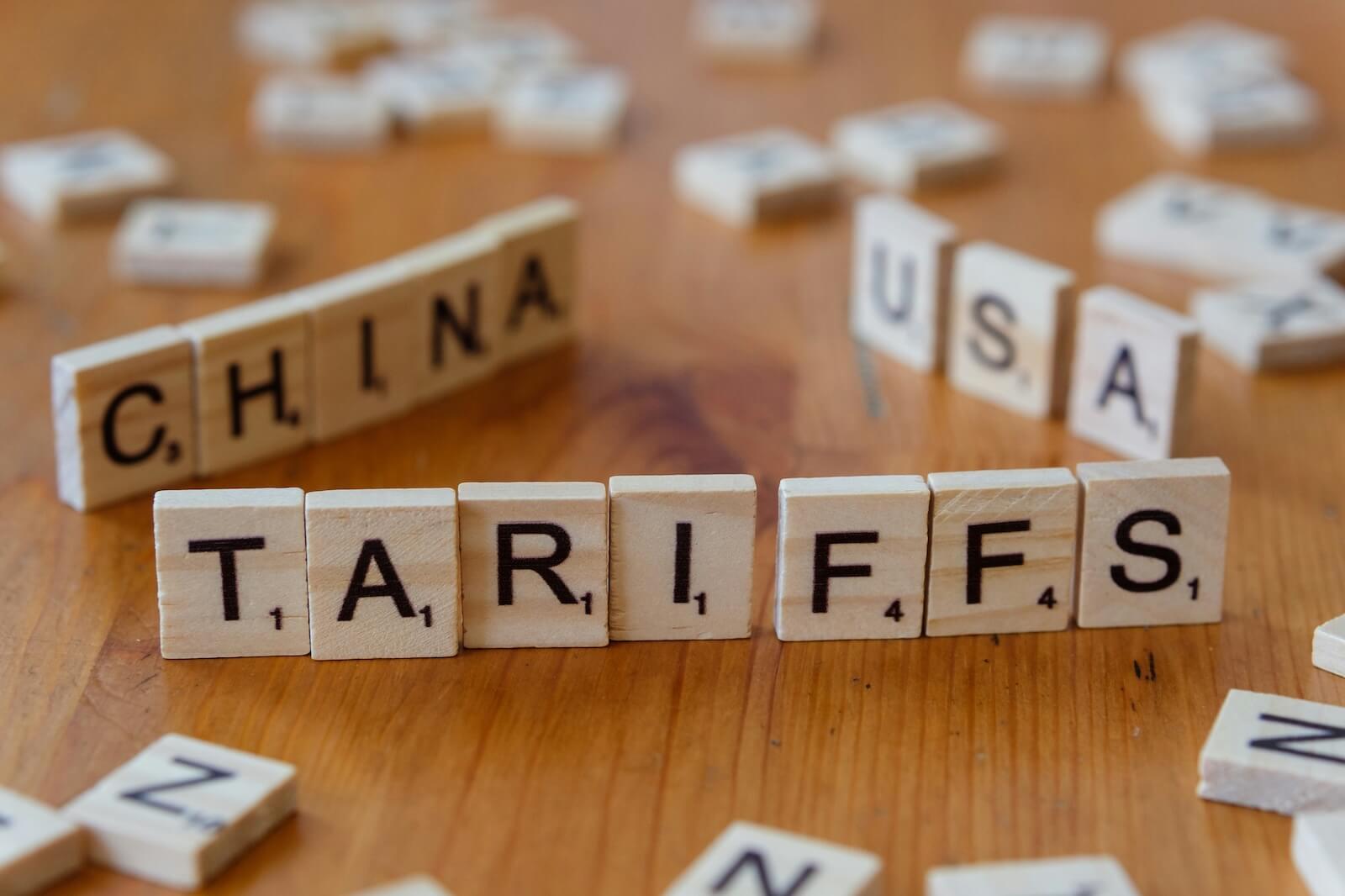7/30 Torchbearer Weekly Policy Update
Thank you for letting us be your trusted source for local, state, and federal policy updates. Let’s dig in…
- Young, Schatz push for housing reform
- Indiana's college-going rate hits low
- USDA hub lands in Indy
- Indiana secures $15.1M federal disaster relief aid
- Trump, EU agree on 15% tariffs
- Indiana's opioid settlement boost
- Share the Torchbearer Newsletter with Your Network!
- Important Dates
Young, Schatz push for housing reform

U.S. Senators Todd Young and Brian Schatz have introduced the Identifying Regulatory Barriers to Housing Supply Act to tackle restrictive regulations and boost housing options.
Why it matters: Many communities are hindered by excessive regulations that inflate housing costs and limit opportunities for low- and middle-income Americans.
- The act aims to encourage transparency and reform in local zoning and land use policies.
Driving the news: Recipients of federal Community Development Block Grants must report on existing land use policies and plan reforms to improve housing affordability.
- The bill promotes policies such as high-density zoning and reduced minimum lot sizes.
What they’re saying:
- Senator Young: "Our bill will encourage transparency and increase housing affordability across our nation."
- Senator Schatz: "This bill will provide HUD and the public with more transparency on policies stopping much-needed housing from being built."
The bottom line: The legislation seeks to condition federal funds on transparency and reform without encroaching on state or local zoning rights.
Indiana's college-going rate hits low

Indiana’s college-going rate has fallen to 51.7%, its lowest in recent history, according to data from the Indiana Commission for Higher Education.
Why it matters: The decline highlights concerns about the state's educational priorities and the impact of recent policy shifts towards career readiness over traditional college preparation.
- Rep. Ed DeLaney criticizes the lack of financial support and morale, attributing these as reasons for the drop.
By the numbers:
- Only 51.7% of 2023 graduates enrolled in college within a year, down from 65% a decade ago.
- 85.6% of students who passed an AP exam enrolled in college, compared to 64.6% of dual credit earners.
- Enrollment disparities persist, with lower rates among Black (45.5%) and Hispanic (41.7%) students compared to Asian (70.7%) and white (54%) students.
What’s next: New diploma requirements emphasizing work-based learning and career readiness will take effect statewide in 2029, potentially impacting future college-going rates.
- The state’s focus on career credentials and work-based learning continues to shape educational priorities in Indiana. (Indiana Capital Chronicle)
USDA hub lands in Indy

Indianapolis will become a key hub for the U.S. Department of Agriculture (USDA) as part of a sweeping reorganization under the Trump administration.
Why it matters: The decision marks a significant shift in federal agricultural operations, moving critical services closer to farming communities and away from Washington, D.C., aiming to reduce costs and increase efficiency.
- The USDA cites cost-of-living advantages and existing USDA workforce presence as reasons for choosing Indianapolis and other cities.
The backdrop:
- Agriculture Secretary Brooke L. Rollins emphasizes the need to better serve American farmers and producers.
- The move follows findings of a "bloated, expensive, and unsustainable" USDA organization.
- The department plans to reduce D.C. workforce from 4,600 to under 2,000 employees.
What's next:
- The relocation will be phased, with potential challenges in employee relocation as seen in previous moves during Trump's first term.
- The USDA is actively seeking to fill critical positions amid staff reductions.
The response: Sen. Todd Young of Indiana expressed support for the announcement, highlighting the economic benefits for the state. (Indy Star)
Indiana secures $15.1M federal disaster relief aid

Indiana is set to receive $15.1 million in federal funding to aid recovery efforts following severe flooding and tornadoes this spring.
Why it matters: The funds are crucial for rebuilding and strengthening communities affected by 57 tornadoes and extensive flooding, enhancing resilience against future disasters.
- Governor Mike Braun expressed gratitude, noting the funds will help communities rebuild stronger.
What’s next:
- The funding announcement follows the formation of an Emergency Alert Task Force to improve Indiana’s weather and emergency alert systems.
- Led by the Indiana Department of Homeland Security, the task force will involve local fire and law enforcement agencies.
The backdrop:
- Governor Braun had declared a state of emergency for 35 counties affected by the severe storms.
- The task force aims to address past issues with tornado siren effectiveness.
The bottom line: President Trump’s approval of the aid highlights confidence in Indiana's leadership to expedite recovery efforts. (WIBC)
Trump, EU agree on 15% tariffs

President Donald Trump and European Commission President Ursula von der Leyen have agreed to impose a 15% tariff on most EU goods, following lengthy negotiations.
Why it matters: This trade agreement marks a significant shift in U.S.-EU trade relations, potentially increasing the cost of goods for American consumers and altering decades of globalization efforts.
- The agreement is seen as a roadmap for more detailed talks, with both leaders touting it as a major deal despite uncertainties around key product impacts.
The big picture:
- The 15% tariff is a compromise from the initially threatened 30%, aimed at avoiding an all-out trade war with one of the U.S.’s top trading partners.
- The EU will maintain a 15% levy on exports, while agreeing to increase energy purchases and investments in the U.S.
What’s next:
- Further negotiations are expected to solidify specifics, including tariffs on strategic products like aircraft parts and chemicals.
- The deal aims to provide stability for key industries amid turbulent economic conditions. (Washington Post)
Indiana's opioid settlement boost

Attorney General Todd Rokita has announced an 11th multistate opioid settlement, bringing Indiana's total secured funds to approximately $1.1 billion.
Why it matters: The $720 million settlement with eight drug companies aims to provide justice for communities devastated by the opioid crisis.
- Indiana is set to receive an estimated $16.5 million.
The big picture:
- The settlements include prohibitions on opioid promotion and financial incentives for sales volume.
- Companies are restricted from manufacturing pills with more than 40 mg of oxycodone and offering discounts on opioids.
What's next:
- Seven companies must comply with suspicious order monitoring requirements.
- Indivior, focused on opioid disorder treatments, agrees not to sell opioids for a decade.
The bottom line: These settlements represent significant steps toward accountability and support for affected communities, reflecting continued efforts since 2021 under Attorney General Rokita. (Press Release)
Share the Torchbearer Newsletter with Your Network!

Not signed up for our weekly newsletter? Sign up today!
Important Dates:

Thursday, September 11 - Interim Study Committee on Agriculture and Natural Resources, Room 431 at 1:00 pm
The interim study committee calendar can be found here.
